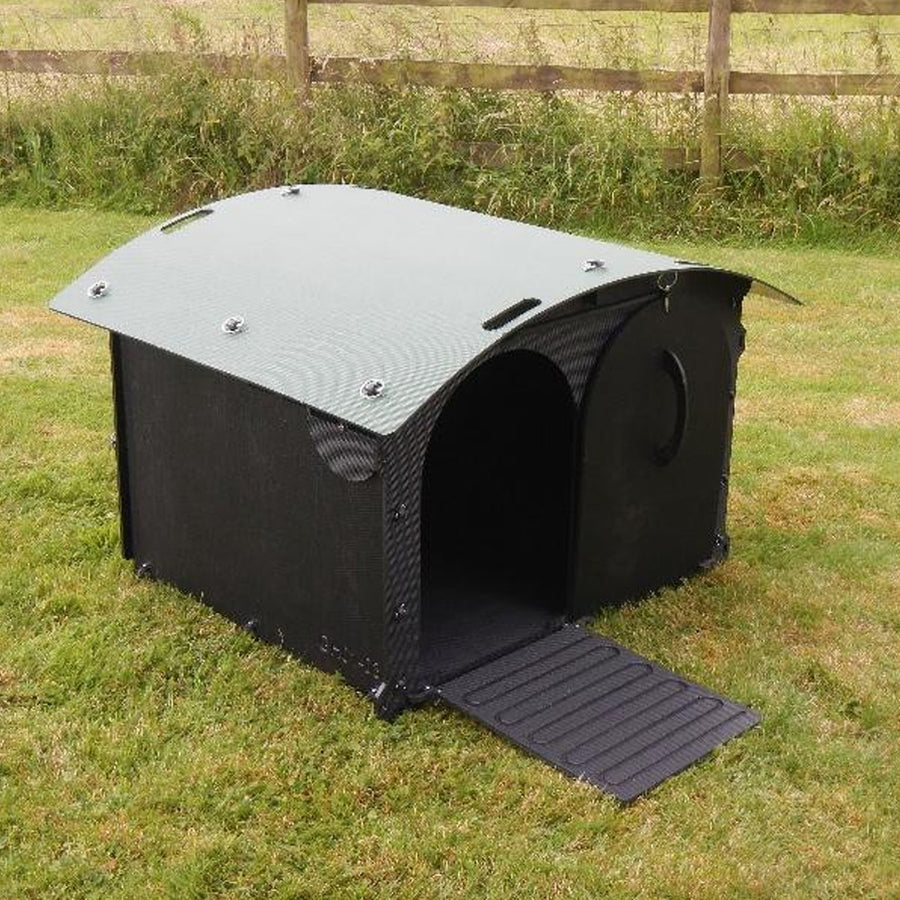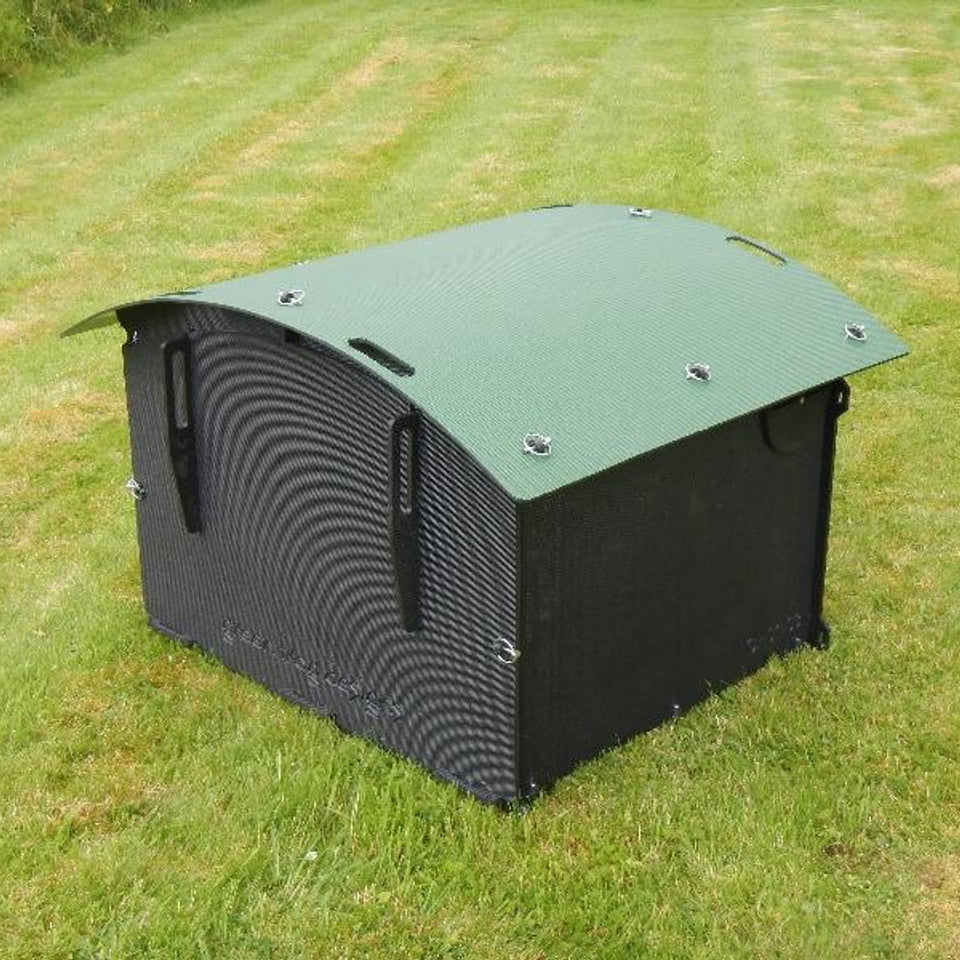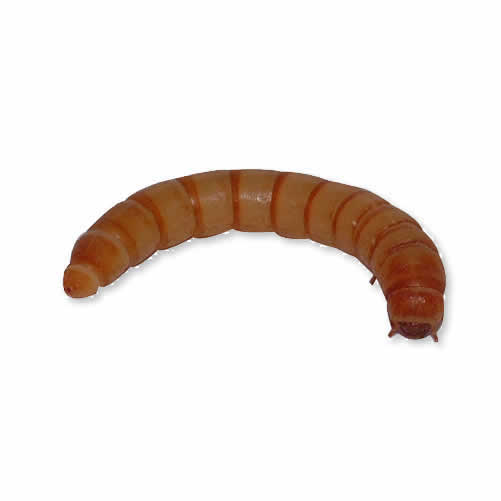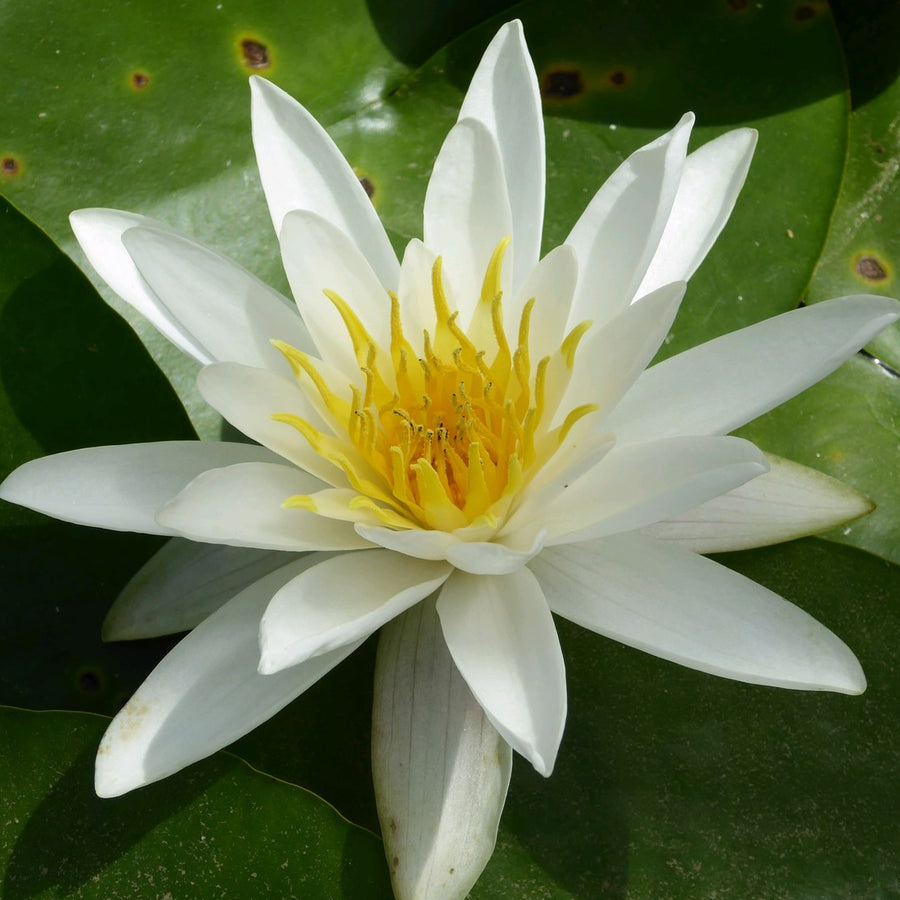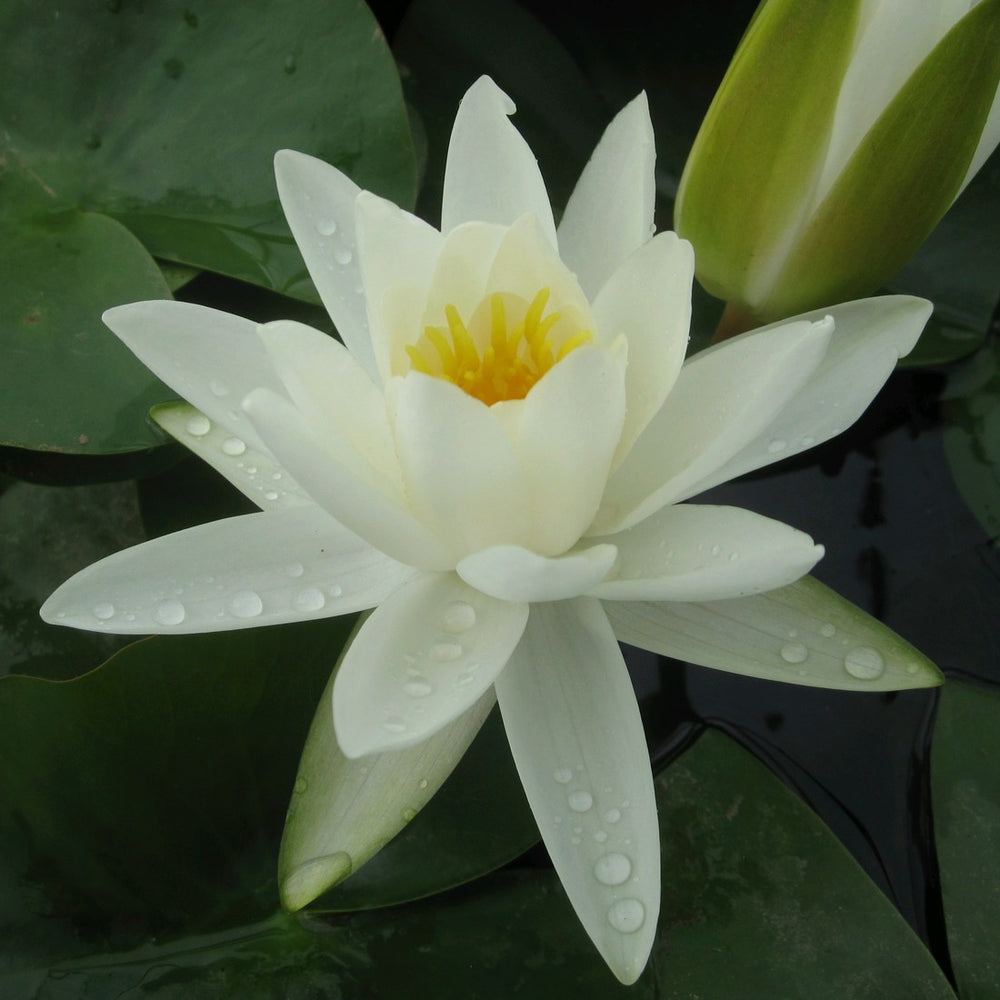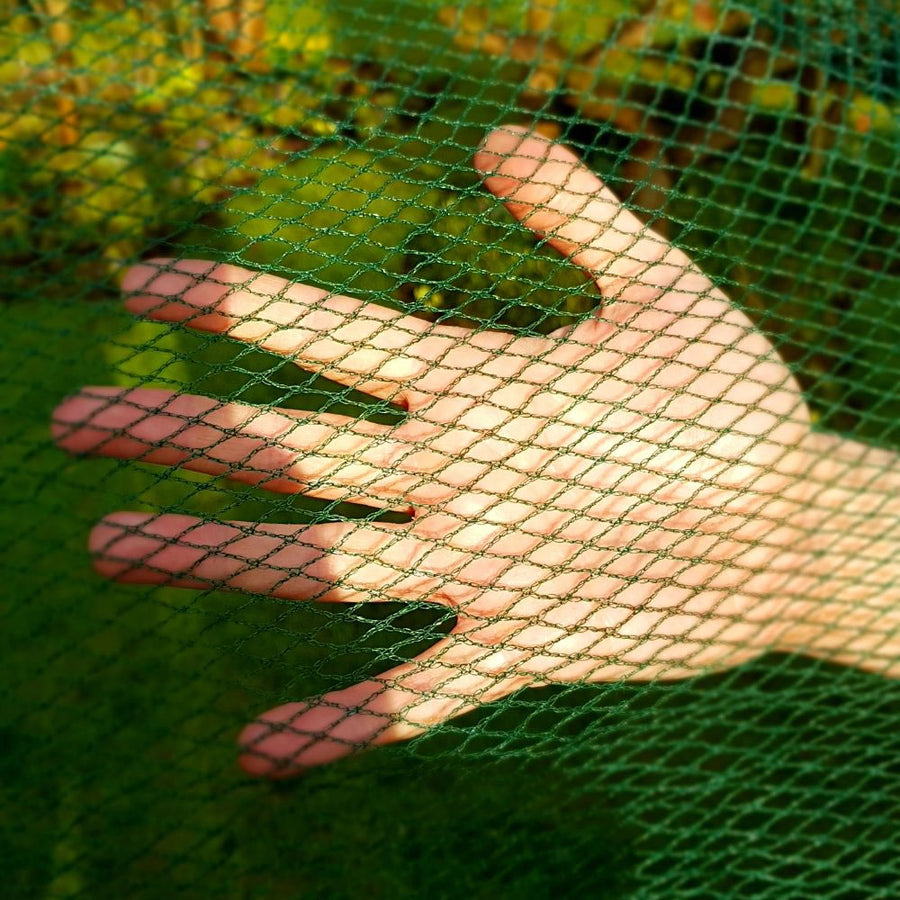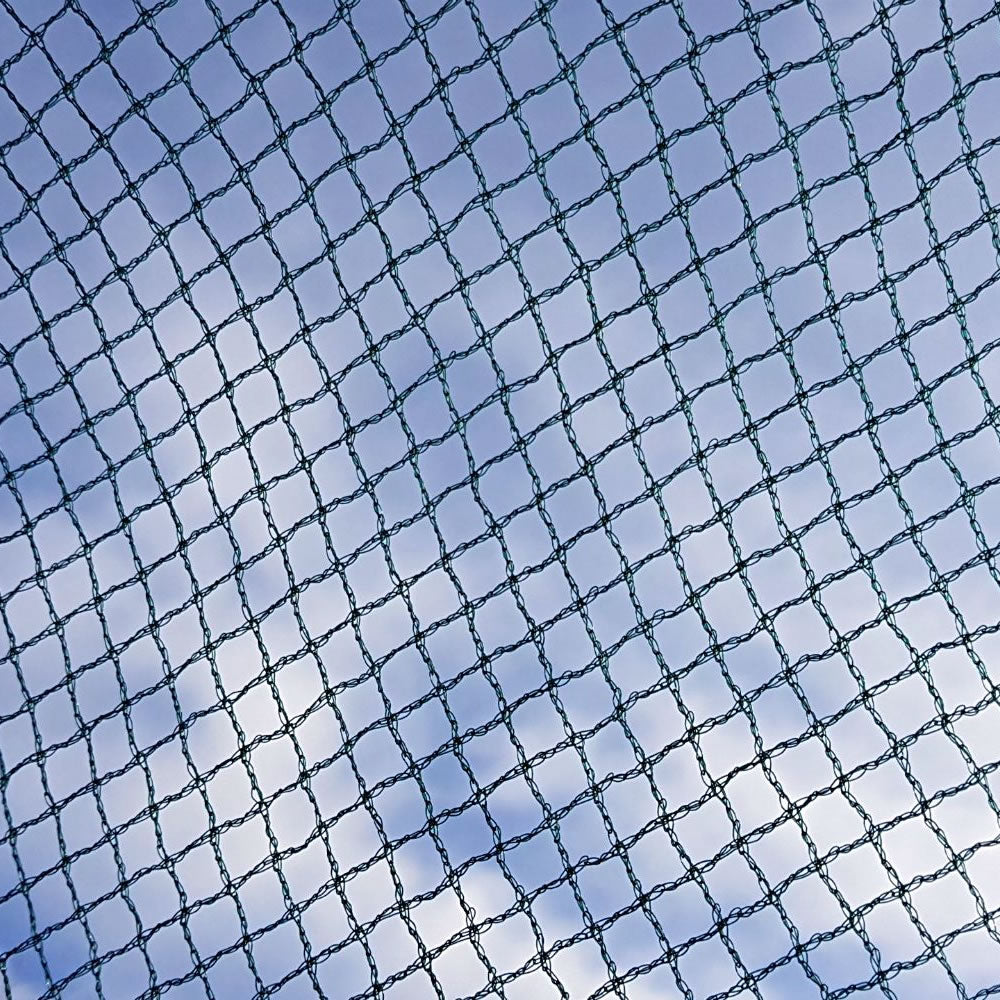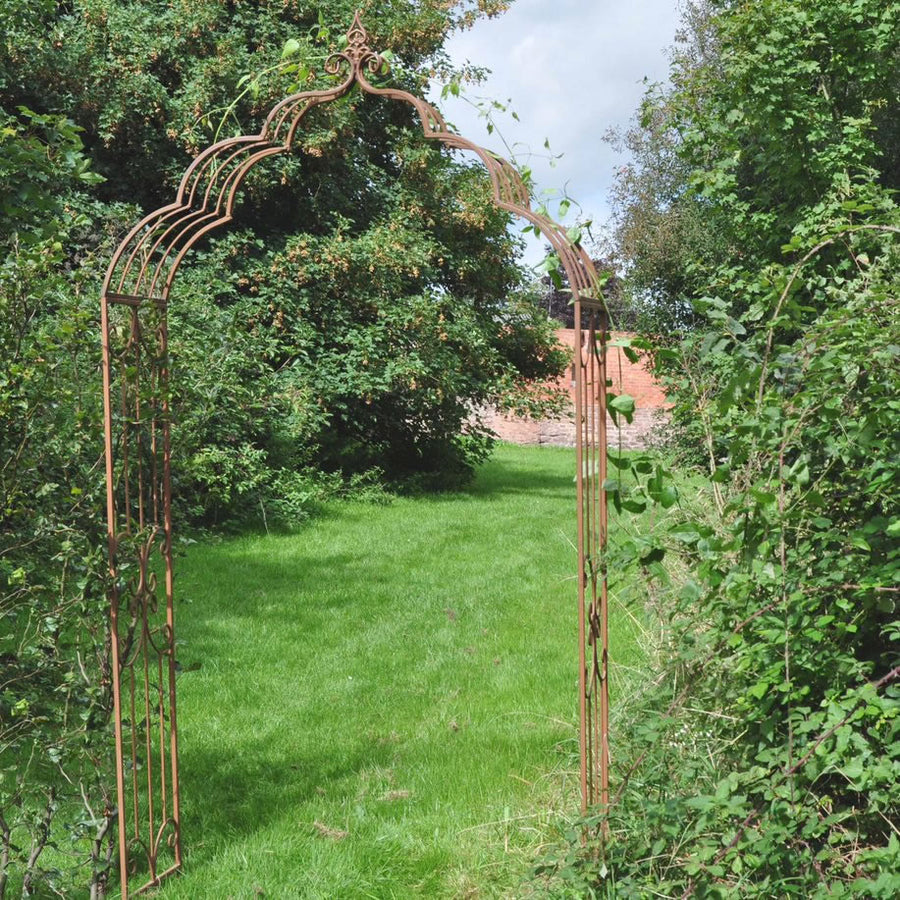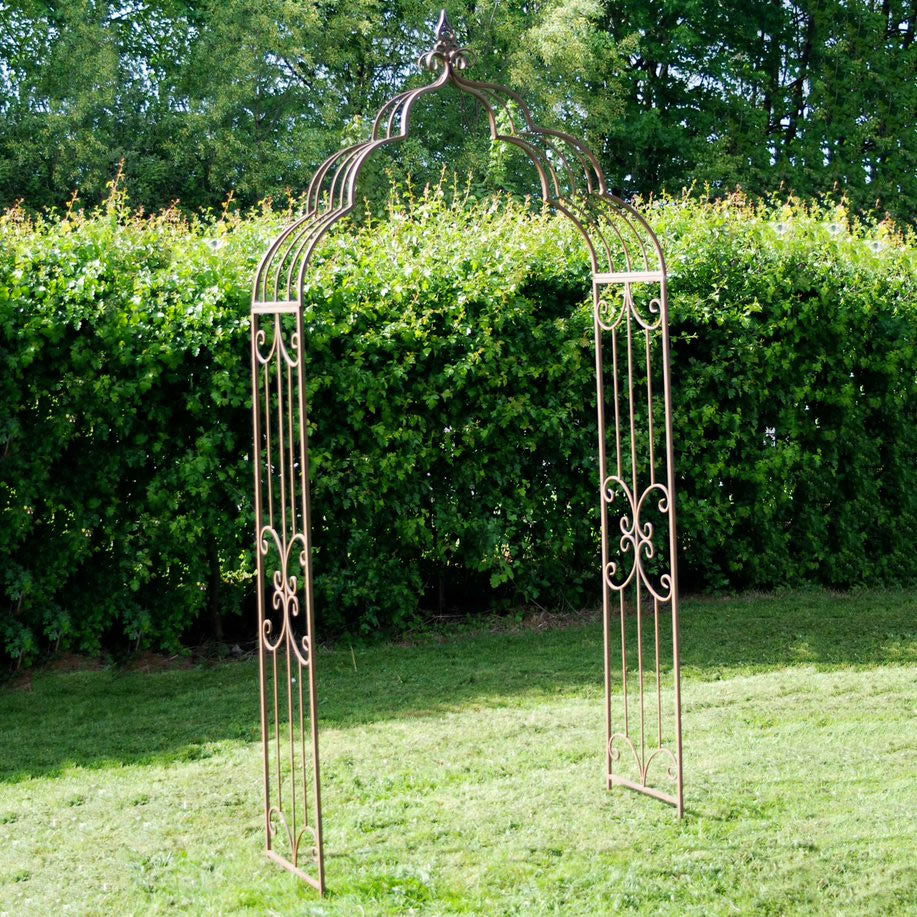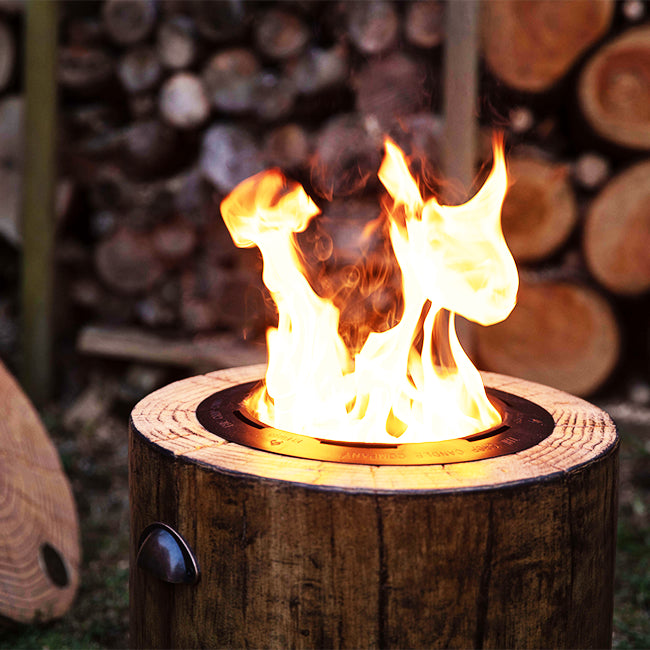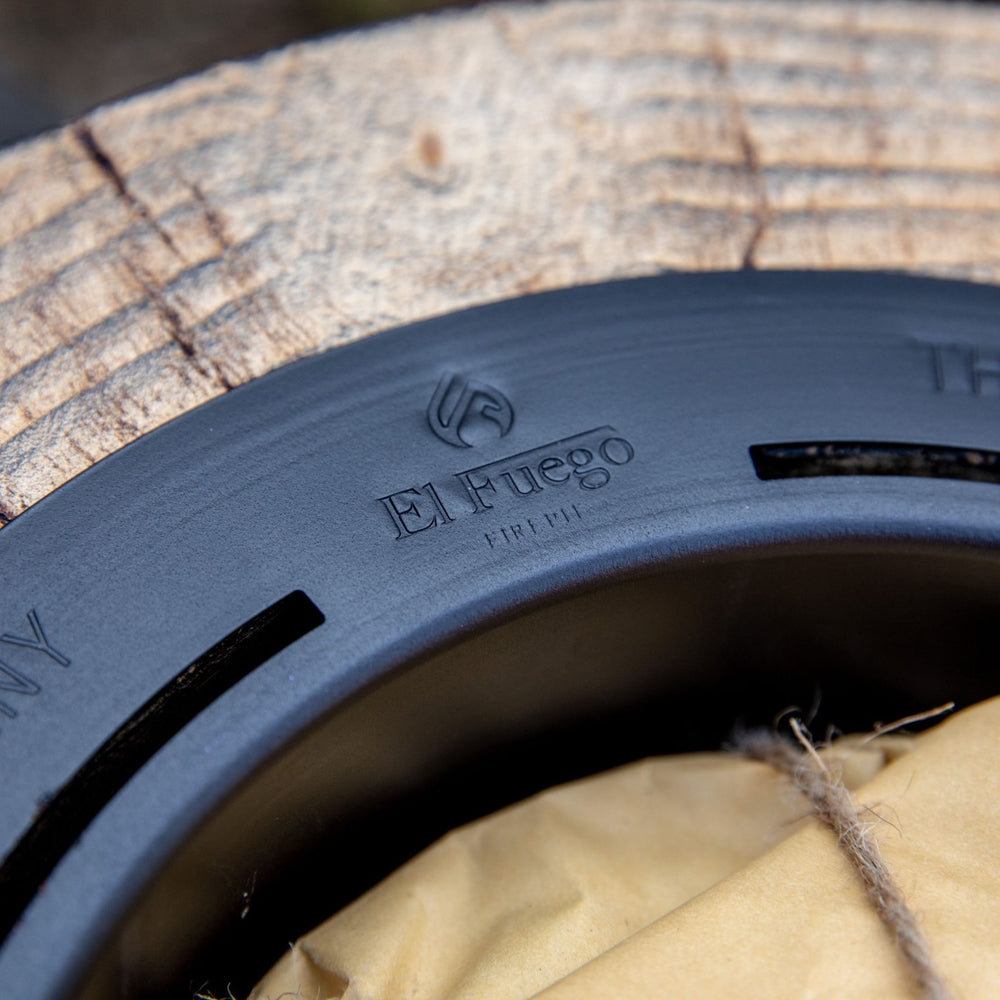What Do Hedgehogs Eat: A Year-Round Feeding Guide for Garden Wildlife Lovers

You might have spotted one rustling through your garden at night - small, prickly, and doesn’t have the best sight? Yes, you guessed it - hedgehogs - one of the UK’s best-loved wild mammals! If you’ve ever wondered, ‘What do hedgehogs eat?’, this friendly guide will walk you through exactly what’s safe, what to avoid, and how to support these nocturnal visitors all year round.
Why Should You Feed a Hedgehog?
Hedgehogs are now classed as vulnerable to extinction in Great Britain and are legally protected due to their declining numbers. One of the most impactful things you can do is support wild hedgehogs in your garden.
Providing the right food - especially during autumn and winter - can make a real difference to their survival. Cold weather and dwindling natural food sources make it harder for hedgehogs to find what they need to stay healthy and build up enough fat reserves for hibernation. Although encouraging natural foraging by creating wild, untidy corners in your garden is ideal, offering supplementary food is a simple, caring way to give local hedgehogs a helping hand when they need it most.
The British Hedgehog Preservation Society is a registered UK charity, and if you would like to learn more about how to protect hedgehogs or get involved, it’s a great place to start.
What Do Hedgehogs Eat in the Wild?

A hedgehog’s natural diet is wonderfully varied, made up of the creepy-crawlies they find while snuffling through leaves and soil with their keen sense of smell.
Wild hedgehogs eat:
-
Earthworms
-
Beetles (like ground beetles and scarab beetles)
-
Caterpillars
-
Earwigs
-
Slugs
-
Millipedes
-
Fly larvae
-
Baby rodents or small birds
-
Small frogs
-
Bird eggs
-
Carrion (dead animals found in the wild)
-
Fallen fruits such as apples, strawberries, and pears
Encouraging insects in your garden by leaving leaf piles, reducing pesticide use, or allowing a corner to grow wild, can go a long way in supporting a hedgehog’s health and wellbeing. It helps them stick closer to the natural diet they’ve evolved to thrive on.
What Can You Feed Hedgehogs?

While a hedgehog’s diet is mostly made up of creepy-crawlies and other insects they find, there are a few extra foods you can give them to enjoy.
This includes:
-
Lean, cooked meats like chicken breast or turkey (we suggest providing from time to time only)
-
Quality, specially made hedgehog food
Avoid bread and milk. While they’re often thought of as hedgehog-friendly, hedgehogs are lactose intolerant. Milk can cause diarrhoea, and bread is low in nutrients and not suitable for their energy needs.
Avoid feeding human foods such as dried fruit and peanuts, which can be harmful to both an adult hedgehog or hoglet, could pose a choking hazard, and don’t meet their nutritional needs.
What Can Hedgehogs Eat in Different Seasons?

|
Season |
Best Foods |
|
Spring |
Insects, invertebrates, specialist food |
|
Summer |
Insects, fruit, specialist food |
|
Autumn |
Extra protein (meat-based pet food) insects, specialist food |
|
Winter |
Extra protein (meat-based pet food) insects, specialist food |
Caring for Baby Hedgehogs

If you find yourself looking after a young hedgehog, it's essential to understand their nutritional requirements from the start. Baby hedgehogs, often called hoglets, need a carefully balanced diet to grow strong and healthy. The best way to feed hedgehogs at this stage is with high-protein options such as wet tinned dog or cat food, crushed kitten biscuits, or specialist hedgehog food.
Place food and water in a shallow dish that’s easy for a baby hedgehog to reach and clean up any uneaten food daily to avoid attracting pests.
Creating a safe feeding station in your garden by installing a hedgehog feeder can help give wild hoglets the best chance of survival, especially in colder months when natural food sources are scarce. You can support them throughout the year with suitable hedgehog food, while also giving them mental stimulation by hiding a few tasty bites in log piles or among leaves.
Final Thoughts

Whether you're helping wild visitors or caring for pets, providing the right support to hedgehogs makes a real difference. When you feed hedgehogs, you help them stay healthy, active, and better prepared for hibernation. A balanced diet rich in natural proteins such as earthworms, worms, millipedes, and even a few mealworms support their wellbeing far better than human foods.
For wild hedgehogs, creating a dedicated feeding station in your garden is a wonderful way to offer safe access to food and fresh water. You can also supplement their food with high-quality hedgehog food, ideally one that mimics what they naturally eat in the wild.
At Garden Wildlife, we’re committed to helping you give hedgehogs the care they deserve. Whether you’re welcoming a curious hog into your garden or caring for one as a pet, our range of feeders, houses, and wildlife cameras help you feed, protect, and enjoy the company of these charming creatures throughout the year.
Frequently Asked Questions
Can hedgehogs eat fruit?
Yes. Soft, naturally sweet fruits are best, and always serve them in bite-sized pieces. Good options include apples (seeds removed), strawberries, pears, bananas, blueberries and watermelon. Stick to small portions and avoid anything overly sugary or citrus based.
Can hedgehogs eat vegetables?
Some vegetables are safe in moderation, particularly soft, cooked options that are easy to digest. Try offering cooked squash, cooked carrots (in small amounts), green beans and peas. Avoid starchy vegetables like potatoes, raw carrots, corn, celery, and lettuce, as well as anything hard or with little nutritional value.
What do hedgehogs drink?
Always provide fresh water in a shallow dish. Remember, hedgehogs are lactose intolerant, so never offer milk.
Can pet hedgehogs eat meat-based wet dog or cat food?
According to the Cumbria Wildlife Trust, you can feed wet pet food to your hedgehog but it should only be a supplementary diet fed on occasion.


